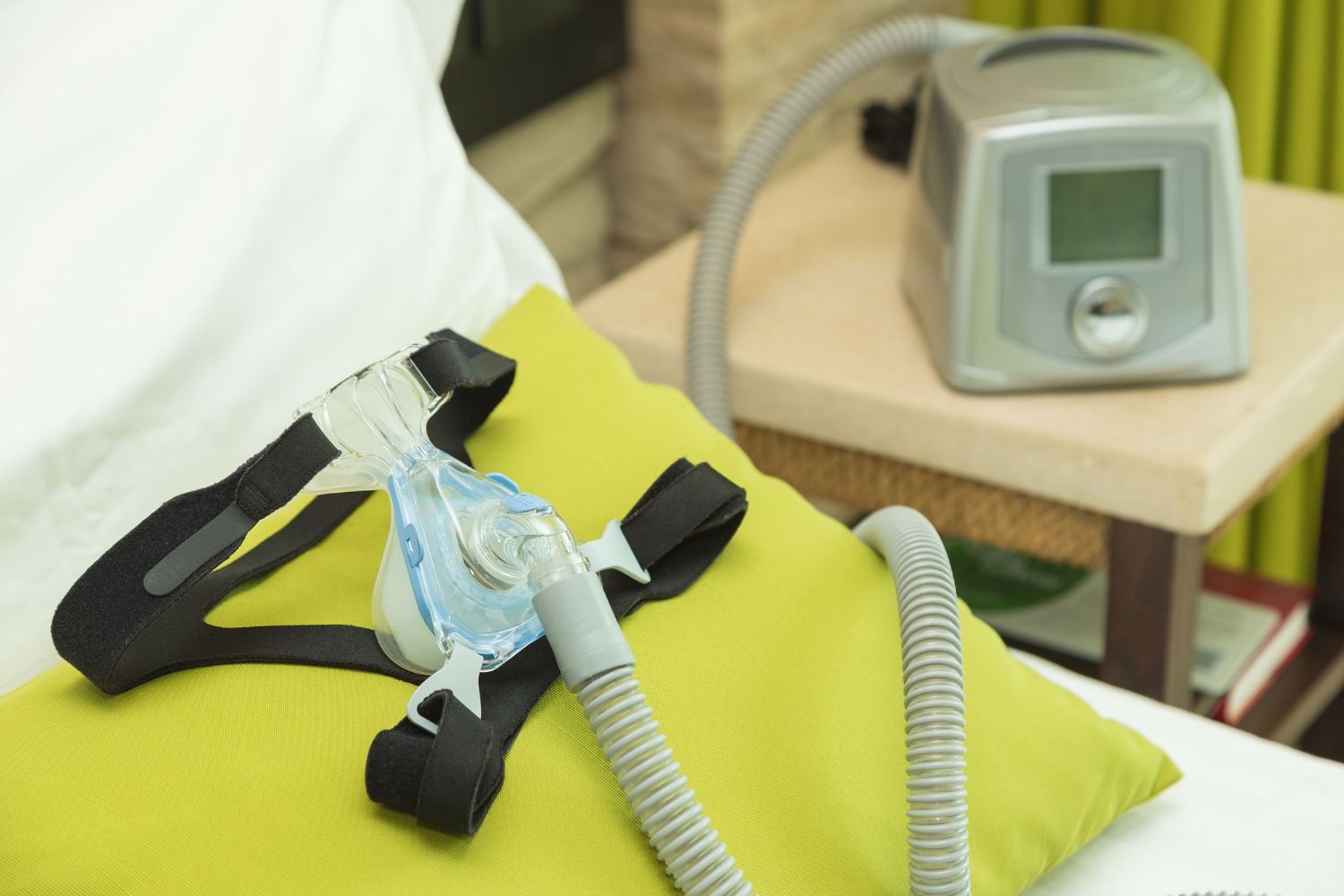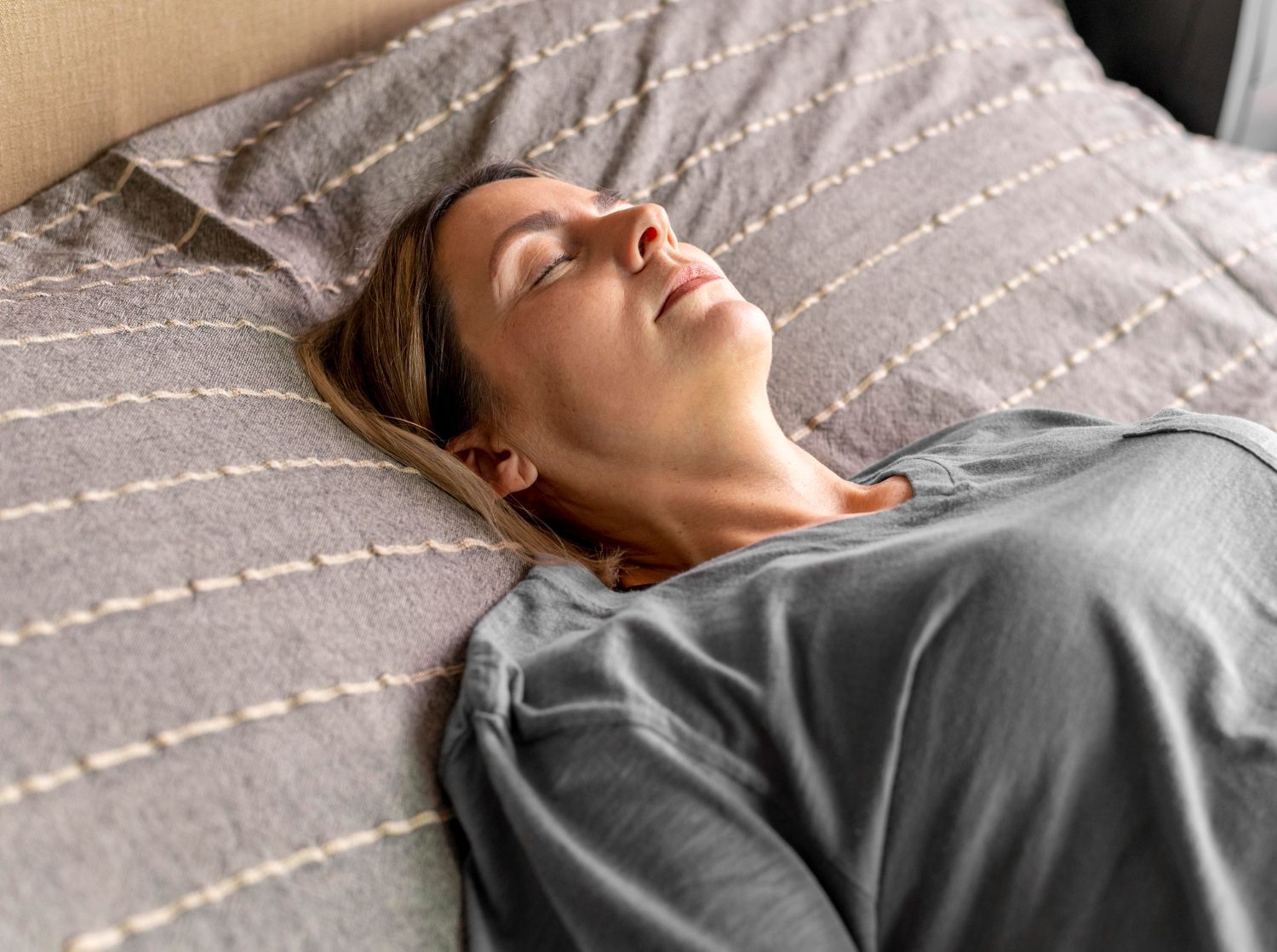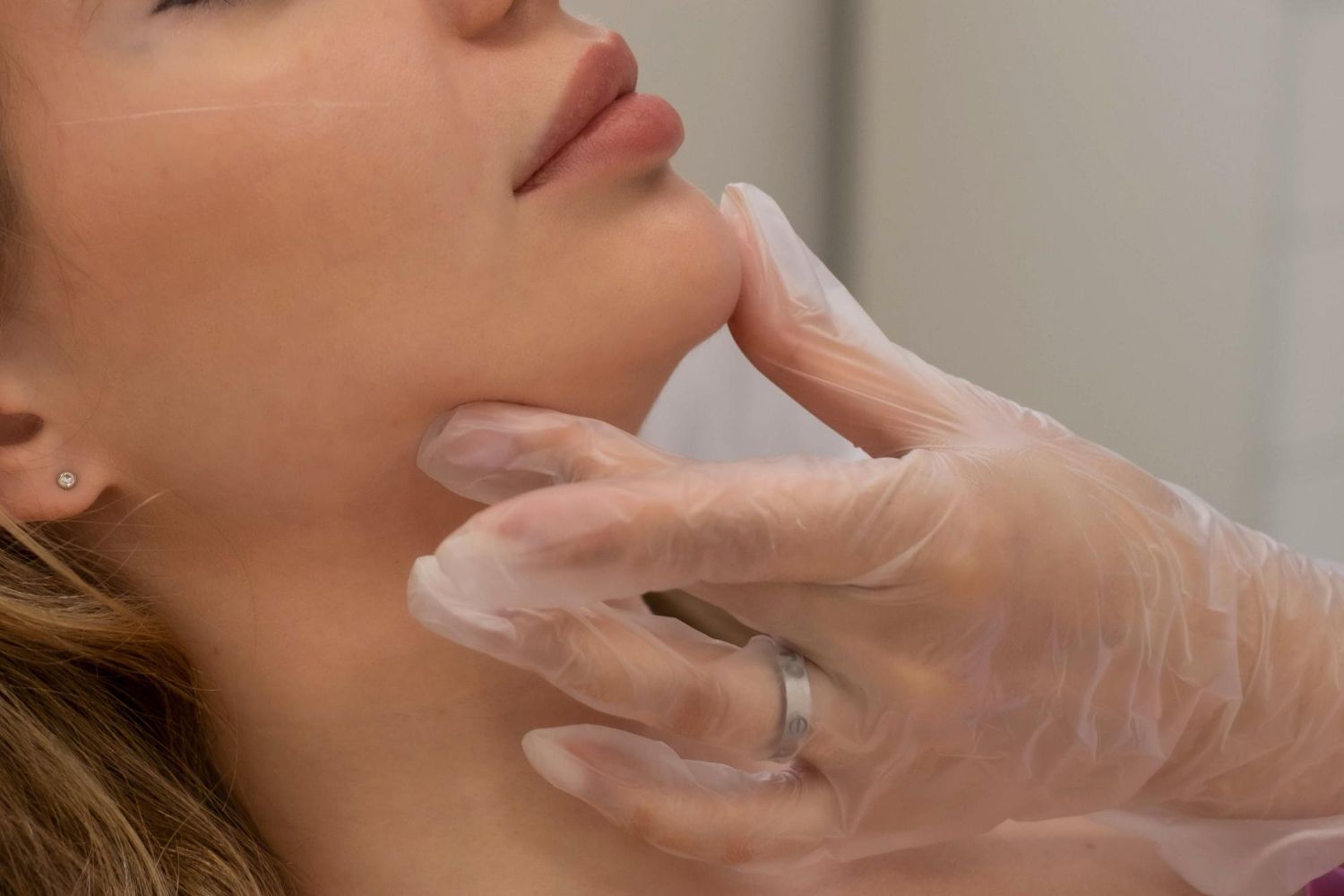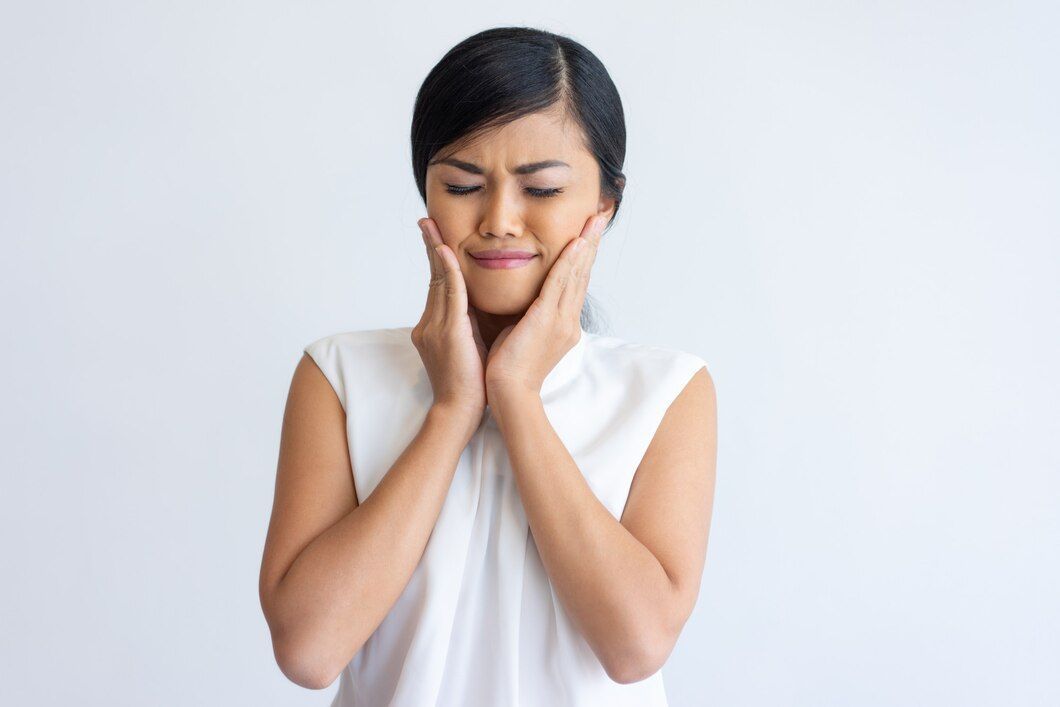The Benefits of Yoga for Sleep Apnea, TMJ Disorders, and Head and Facial Pain Relief
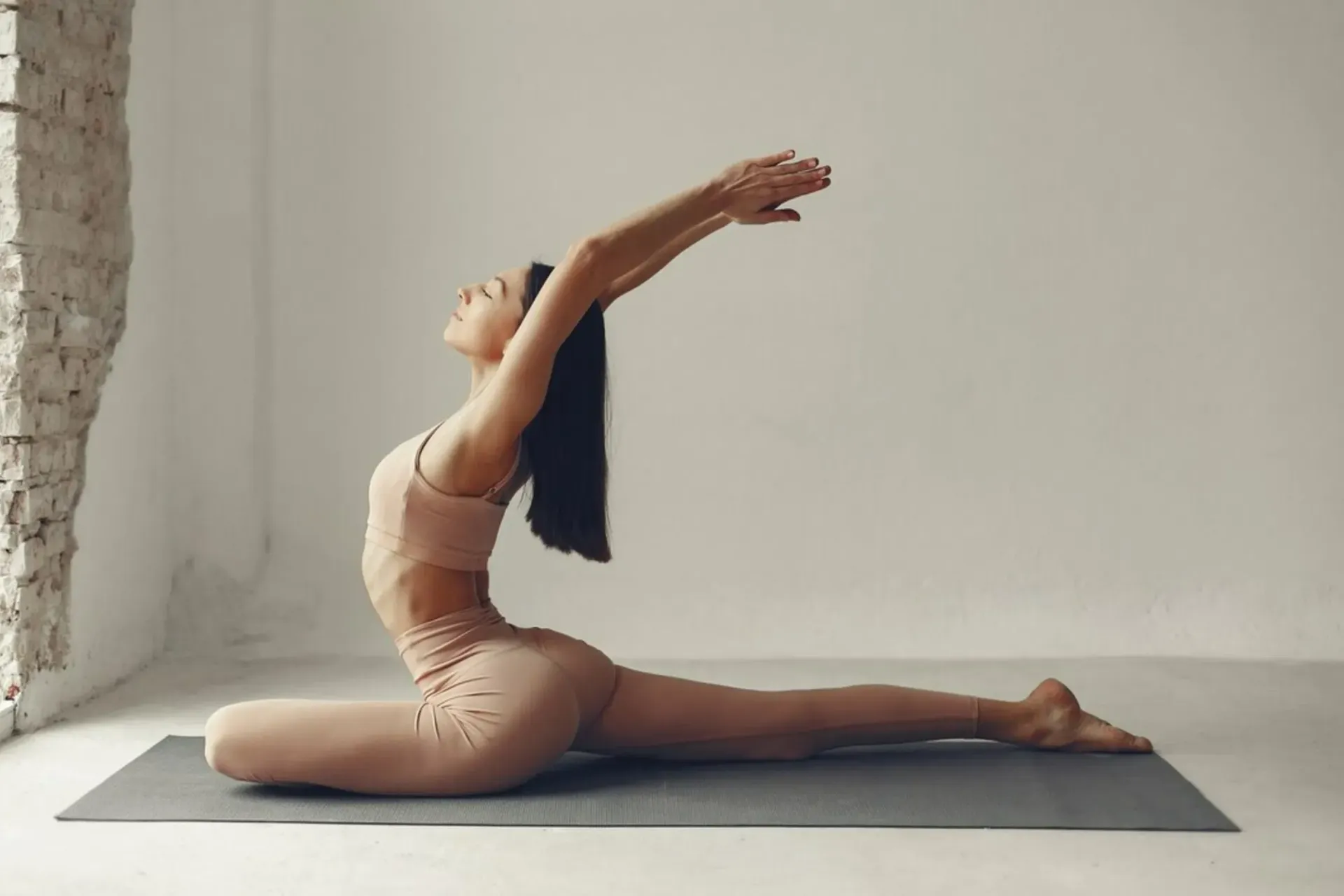
As more people look for natural and holistic ways to address various health issues, it is no surprise that yoga has gained popularity for its numerous physical and mental health benefits. For those suffering from sleep apnea, TMJ disorders, and head and facial pain, yoga can play a key role in alleviating symptoms and promoting overall wellness. At The Center For Sleep Apnea and TMJ, Dr. Cameron Kuehne and our team understand the importance of an integrative approach to ensure our patients in Meridian receive the care and support they need to thrive.
Yoga is an ancient practice combining physical postures, breath control, and meditation to harmonize the body and mind. The incorporation of yoga into your daily life can help improve muscle strength, flexibility, and balance, all of which can support the management of sleep apnea, TMJ disorders, and head and facial pain. Furthermore, yoga can alleviate stress, promote relaxation, and encourage better sleep quality – all factors that contribute to enhanced well-being for those dealing with these issues.
In this informative blog post, we will explore the benefits of yoga in managing sleep apnea, TMJ disorders, and head and facial pain. We will discuss various yoga postures and techniques tailored to address these specific conditions and share insights from Dr. Cameron Kuehne and our experienced team at The Center For Sleep Apnea and TMJ. We hope to provide you with the knowledge and inspiration to consider incorporating yoga into your wellness journey.
Yoga's Impact on Sleep Apnea, TMJ Disorders, and Head and Facial Pain
In this section, we will examine the ways in which yoga can alleviate symptoms of sleep apnea, TMJ disorders, and head and facial pain:
1. Sleep Apnea: Yoga techniques can help improve lung function, increase oxygen levels during sleep, and strengthen upper airway muscles, all of which contribute to reducing sleep apnea symptoms.
2. TMJ Disorders: Gentle yoga stretches and relaxation techniques can help ease muscle tension in the jaw, neck, and shoulders and promote proper jaw alignment, which may alleviate TMJ-related discomfort.
3. Head and Facial Pain: Yoga helps manage tension headaches and other forms of head and facial pain typically triggered by stress by promoting relaxation and stress reduction.
Yoga Techniques for Sleep Apnea, TMJ Disorders, and Head and Facial Pain Relief
Integrating targeted yoga techniques into your daily routine can help you manage sleep apnea, TMJ disorders, and head and facial pain more effectively:
1. Pranayama for Sleep Apnea: Breath-control exercises, or pranayama, can be especially helpful for sleep apnea sufferers. Techniques such as diaphragmatic breathing, alternate nostril breathing, and breath retention can help improve lung function and increase oxygen levels during sleep.
2. Gentle Neck and Shoulder Stretches for TMJ Disorders: Gentle stretching of the neck and shoulders can help promote proper jaw alignment and help reduce TMJ-related discomfort. Try shoulder rolls, head tilts, and the "double chin" stretch to relieve muscle tension and promote relaxation.
3. Relaxing Postures for Head and Facial Pain: Restorative and relaxing yoga postures, such as child's pose, legs-up-the-wall pose, and supported forward bend, can help you manage stress and reduce headaches and facial pain triggered by tension.
4. Meditation for Whole-Body Wellness: Incorporating mindfulness and meditation practices into your routine can have profound benefits for overall well-being and stress reduction, positively impacting sleep apnea, TMJ disorders, and head and facial pain.
Customizing Your Yoga Practice to Your Needs
Listening to your body and approaching your yoga practice mindfully and with self-awareness is essential. If you are new to yoga or if any poses or techniques cause pain, consult with a qualified yoga instructor or healthcare professional to ensure safe and effective practice. Remember that individual needs and abilities vary, so take your time and be patient with your progress.
Additional Support from The Center For Sleep Apnea and TMJ
As a comprehensive care provider, Dr. Cameron Kuehne and our team at The Center For Sleep Apnea and TMJ offer additional support and treatment options for sleep apnea, TMJ disorders, and head and facial pain. Depending on your individual needs, these may include:
1. Custom Oral Appliances: These devices can help reduce sleep apnea symptoms or provide relief from TMJ-related discomfort by maintaining proper jaw alignment and preventing teeth from grinding or clenching.
2. Multidisciplinary Care: In some cases, our team may collaborate with other healthcare professionals, including yoga therapists, nutritionists, or physical therapists, to ensure a comprehensive and coordinated approach to managing your condition.
Conclusion: Embrace Yoga for Sleep Apnea, TMJ Disorders, and Head and Facial Pain Relief
Incorporating yoga into your daily life can help you better
manage sleep apnea, TMJ disorders, and head and facial pain symptoms while providing numerous additional health benefits. By combining yoga with the guidance and personalized care offered by Dr. Cameron Kuehne and our team at The Center for Sleep Apnea and TMJ, you can take an empowered approach to optimal health and well-being. Reach out to us today to learn more about how yoga can become an essential component of your journey toward improved health.

